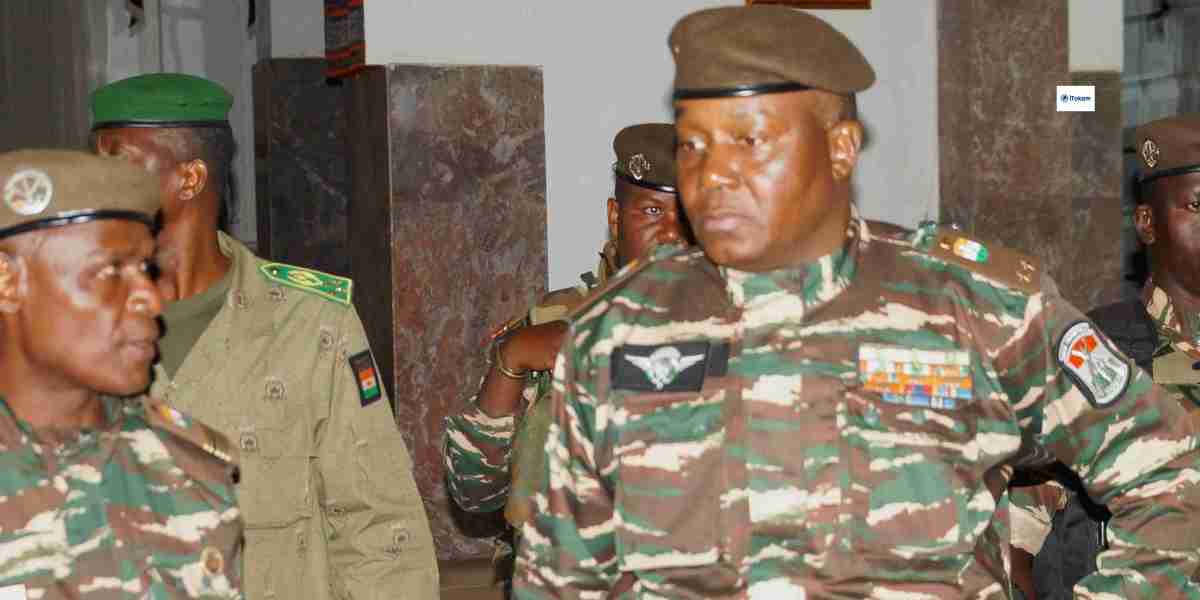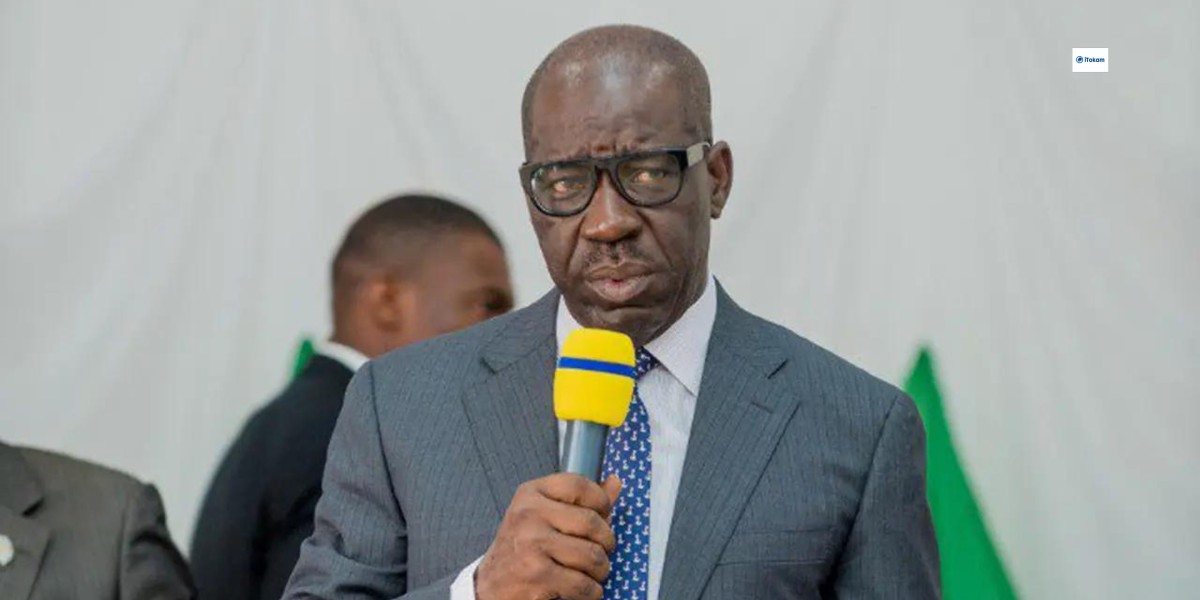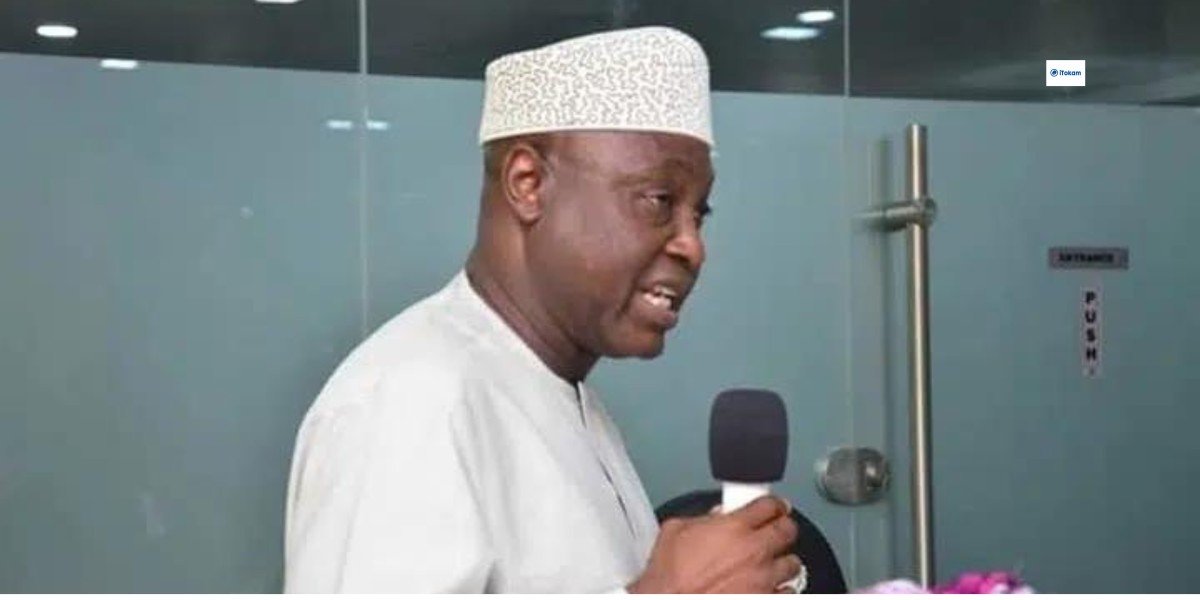"Neither the army nor the people of Niger want war, but we will resist any manifestation of it," Tchiani was reported as saying by the presenter for Al Jazeera. "Neither the army nor the people of Niger want war."

He made the observation that the member states of the Economic Community of West African States (ECOWAS) do not realize that Niger has become the key to restraining the region from destabilization in the context of rising terrorist activity. He said this in reference to the fact that Niger is located in West Africa.
According to the news agency NAN, Tchiani also stated that the sanctions that had been imposed against his country were intended to put pressure on the rebels rather than to find a solution to the current issue.
Also Read: Niger: Coup Leaders Threaten To Kill Bazoum If ECOWAS Military Intervenes
In addition, Tchiani stated that the rebels' objective is not to take control of the government of the country but rather to find a solution that takes into account the needs and desires of the population.
On Saturday, many news outlets claimed that a delegation from ECOWAS had arrived in the capital city of Niger and had met with Mohamed Bazoum, the former president of Niger, to discuss the terms of his confinement. In the later part of the day, there were rumors circulating that the delegation had also met with Tchiani.
On July 26, a coup d'état took place in Niger, which resulted in Bazoum's overthrow and detention at the hands of his own guard, commanded by Tchiani.
As a direct result of the coup, ECOWAS cut off all financial assistance to Niger, placed a freeze on the assets of the rebels, and prohibited commercial flights into and out of the nation.
At the beginning of August, ECOWAS officials met in Abuja, the capital of Nigeria, and reached an agreement to activate a standby force with the intention of perhaps pressuring the Nigerien military to return Bazoum in his position.
Abdel-Fatau Musah, the Commissioner for Political Affairs of the Economic Community of West African States (ECOWAS), stated on Friday that the ECOWAS general staff chiefs had decided on a date for the launch of the military intervention, but that they would not make it public.




